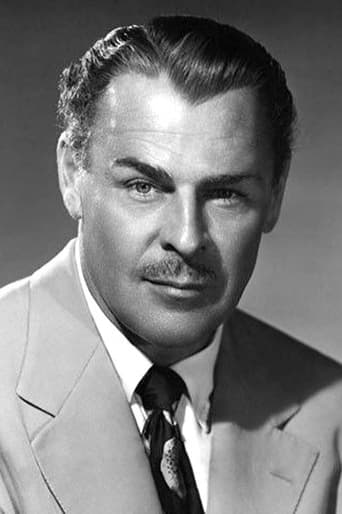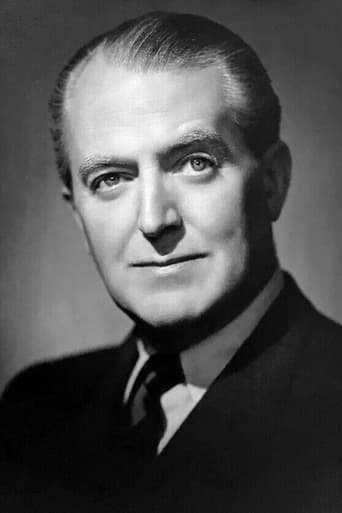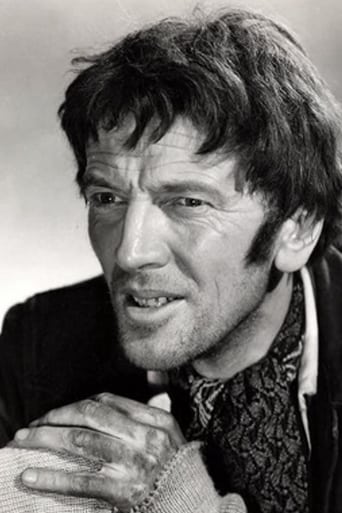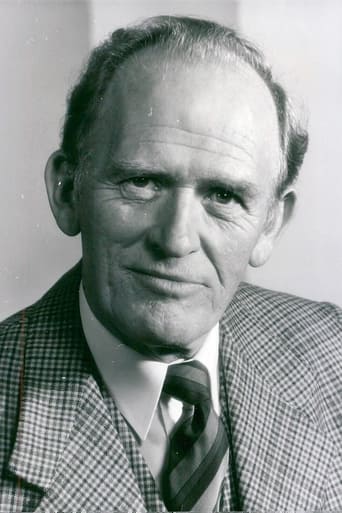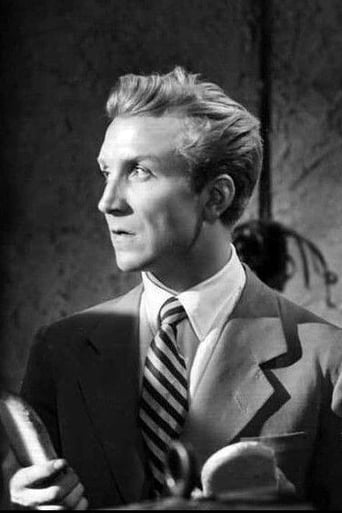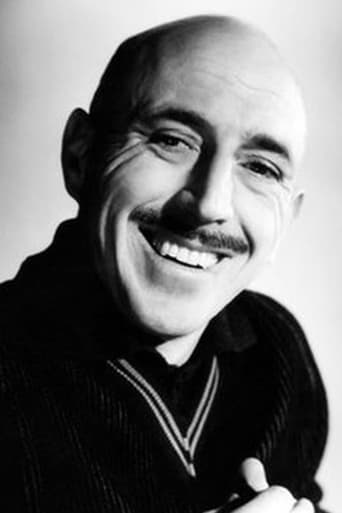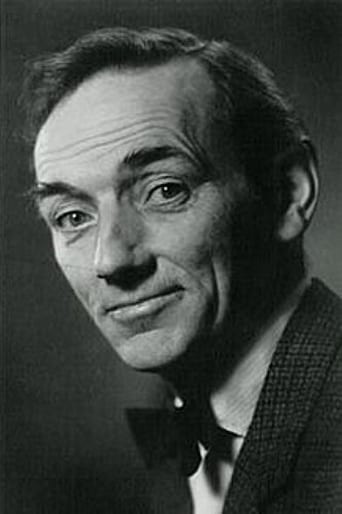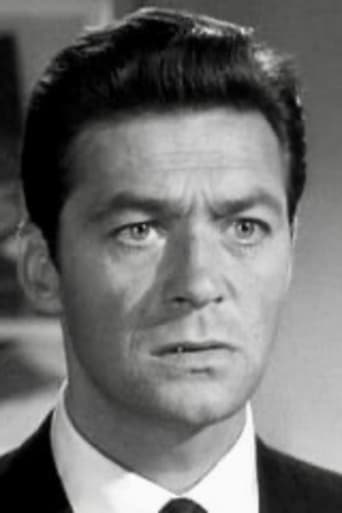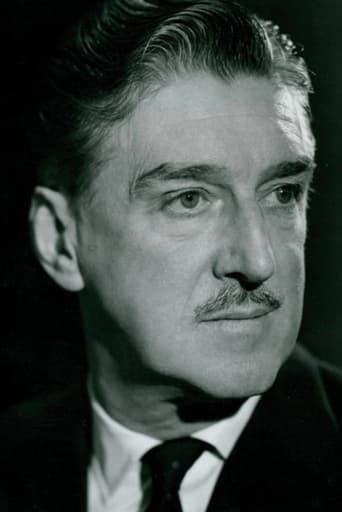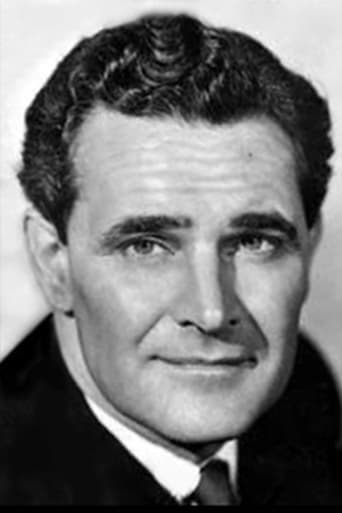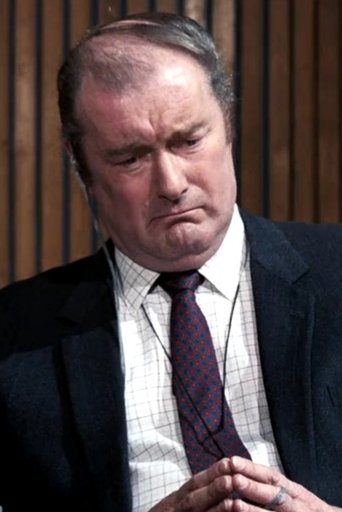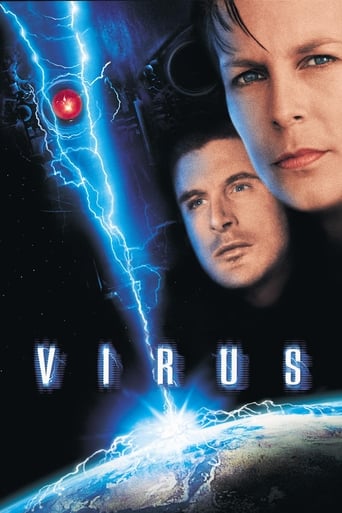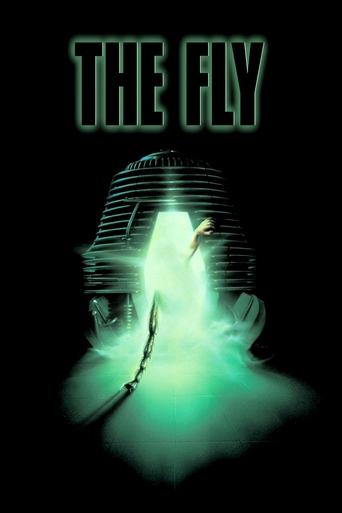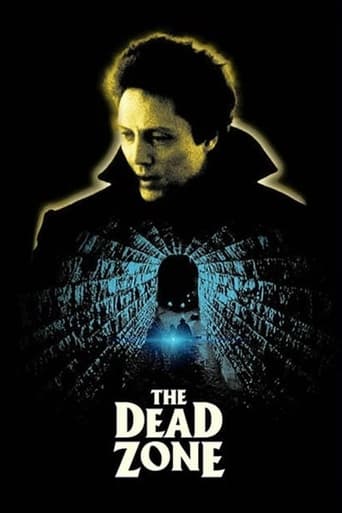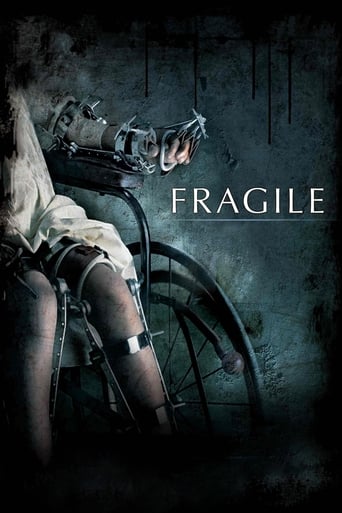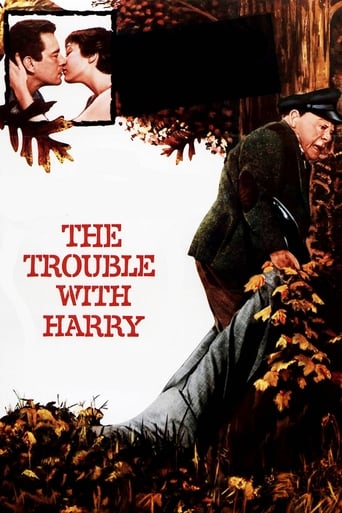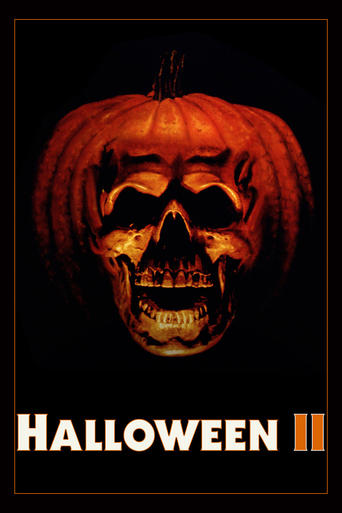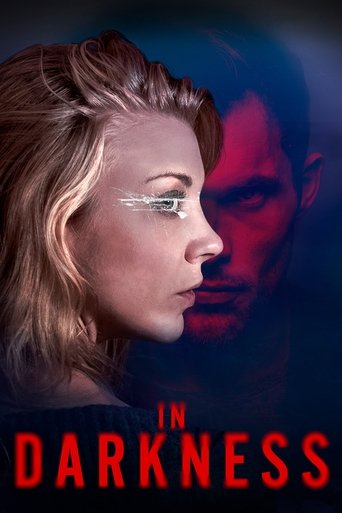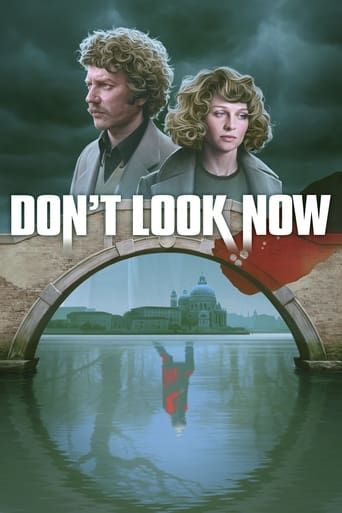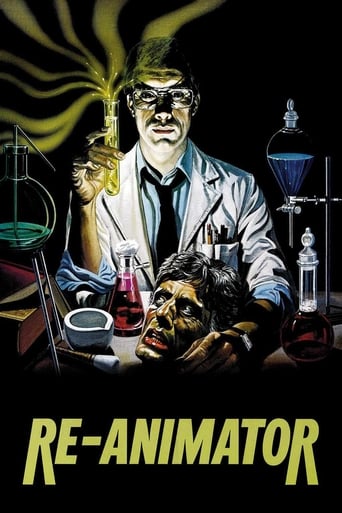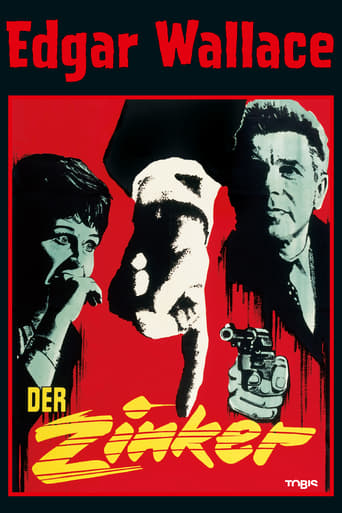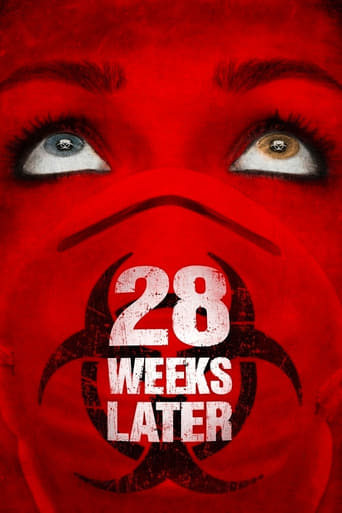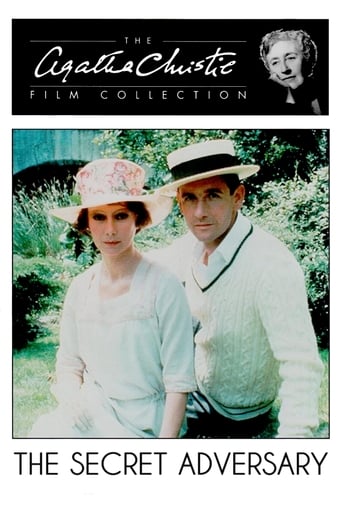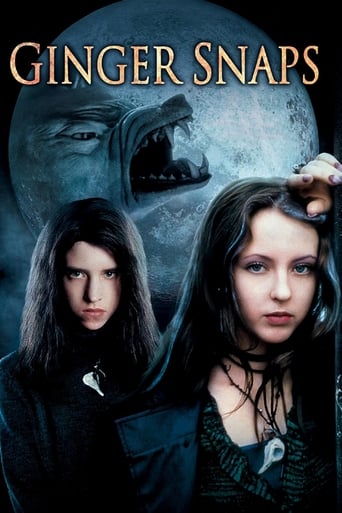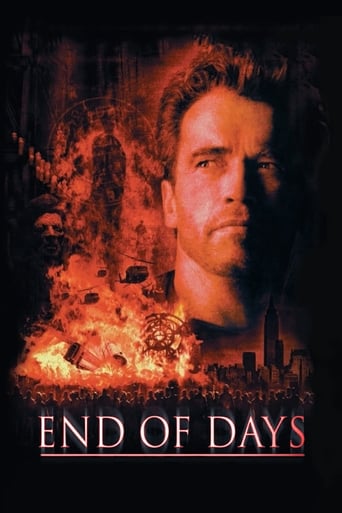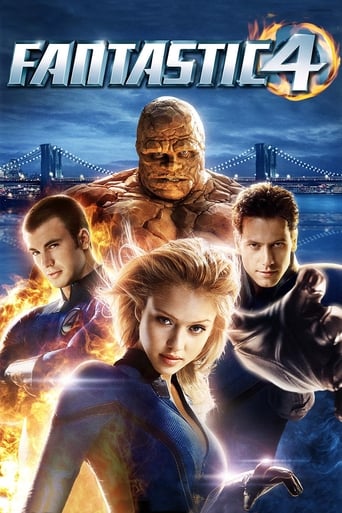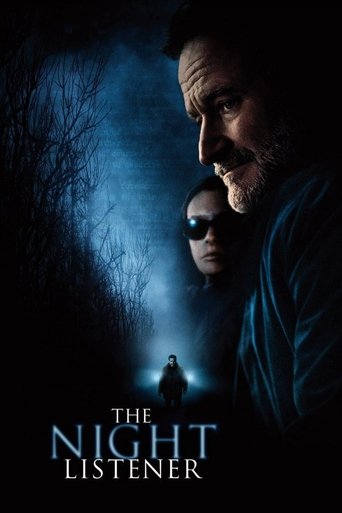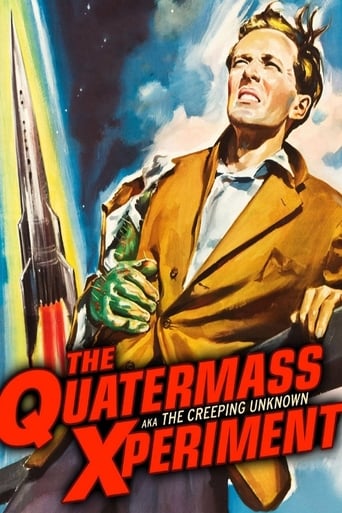
The Quatermass Xperiment (1955)
The first manned spacecraft, fired from an English launchpad, is first lost from radar, then roars back to Earth and crashes in a farmer's field, and is found to contain only one of the three men who took off in it; and he is unable to talk but appears to be undergoing a torturous physical and mental metamorphosis.
- Val Guest
- Bill Shore
- Val Guest
- Richard H. Landau
- Nigel Kneale
Rating: 6.518/10 by 192 users
Alternative Title:
The Creeping Unknown - US
O Monstro do Espaço - PT
Projeto Quatermass - BR
Pánico mortal - AR
Country:
United Kingdom
Language:
English
Runtime: 01 hour 22 minutes
Budget: $0
Revenue: $0
Plot Keyword: london, england, transformation, alien life-form, rocket, rocket crash, escaped patient, hospital, space exploration, alien organism, westminster abbey, cactus
In my simple Bible way I did a lot of praying. When an experimental rocket ship crashes back down to Earth, Bernard Quatermass is baffled as to why three astronauts went up, but only one has returned. The returning astronaut is Victor Carroon and he's in a bad way. Unable to speak and going through some sort of metamorphosis, it's not long before he starts to become something that literally threatens all of mankind. Can Quatermass and his team of scientists stop the creeping unknown in its tracks?. The character of Bernard Quatermass was born out of the considerable brain of writer Nigel Kneale. A science boffin and defender of the Earth against other worldly beasties, Quatermass was first seen on the screen in the BBC TV serial in 1953. Here that bastion of British horror, Hammer Film Productions, adapts a story for the screen and produce a gritty science fiction thriller that doesn't resort to the hokey monster schlock conventions so evident in the 1950s. Directed by Val Guest (who co-writes with Richard H. Landau), the Quatermass franchise (sequels, more TV serials and another linked film would follow down the line) always thrived because of the intelligence and willingness to explore the science surrounding the stories within. Here with this one we get an interesting look at the political aspects that surround the space programme, and this in turn dovetails nicely with the police investigation as the "Yard" search for the man, soon to be monster. Effectively using London locations such as Westminster Abbey, Guest's movie also pulses with great characters. Not just those on the trail of the stricken astronaut, but also those that he (it) comes into contact with - such as a Frankenstein like encounter with a young girl (Jane Asher) playing with her doll. It's well thought out stuff, even if budget restrictions and time scale can't quite fully realise Kneale's creation. Of the cast, Brian Donlevy steps into the shoes of brainy Bernard, seen as an odd casting choice by many, it proves to be quite astute. Quatermass is straight laced and a stickler for his science, Donlevy's mannerisms and gruff exterior suit the role very well. Britain's favourite copper Jack Warner of course plays the inspector leading up the investigation, and as usual he's as solid as a rock, while Richard Wordsworth is brilliant as the doomed Victor Carroon. There's also little turns from British treasures like Thora Hird, Lionel Jeffries and Gordon Jackson. With its writing smarts appeasing the adults and having enough of a creature feature vibe to entertain the kids, The Quatermass Experiment is a classy bit of 50s sci-fi that covers most of the bases. 8/10
American scientist Brain Donlevy sends a rocket with three men into space; it comes back with only one and he is very, very sick. What happened to the other two - the ship was hermetically sealed? Well this decent British sci-fi/horror film follows the investigation as together with police officer Jack Warner they try to get to the bottom of things. Meantime, the sole survivor of the exploratory flight goes awol and we discover an alien creature is now on the loose on post war London and it is hungry! It's now race against time to stop it reproducing and taking over the world - and who better than our intrepid team to track it down and destroy it. This has been done on a pretty basic budget; but is well written and directed with a creative approach to the cinematography that rewards the viewer with a much less stilted single-scene style of presentation than many British efforts of the mid 1950s - and it has two strong performances to keep the pot boiling.

